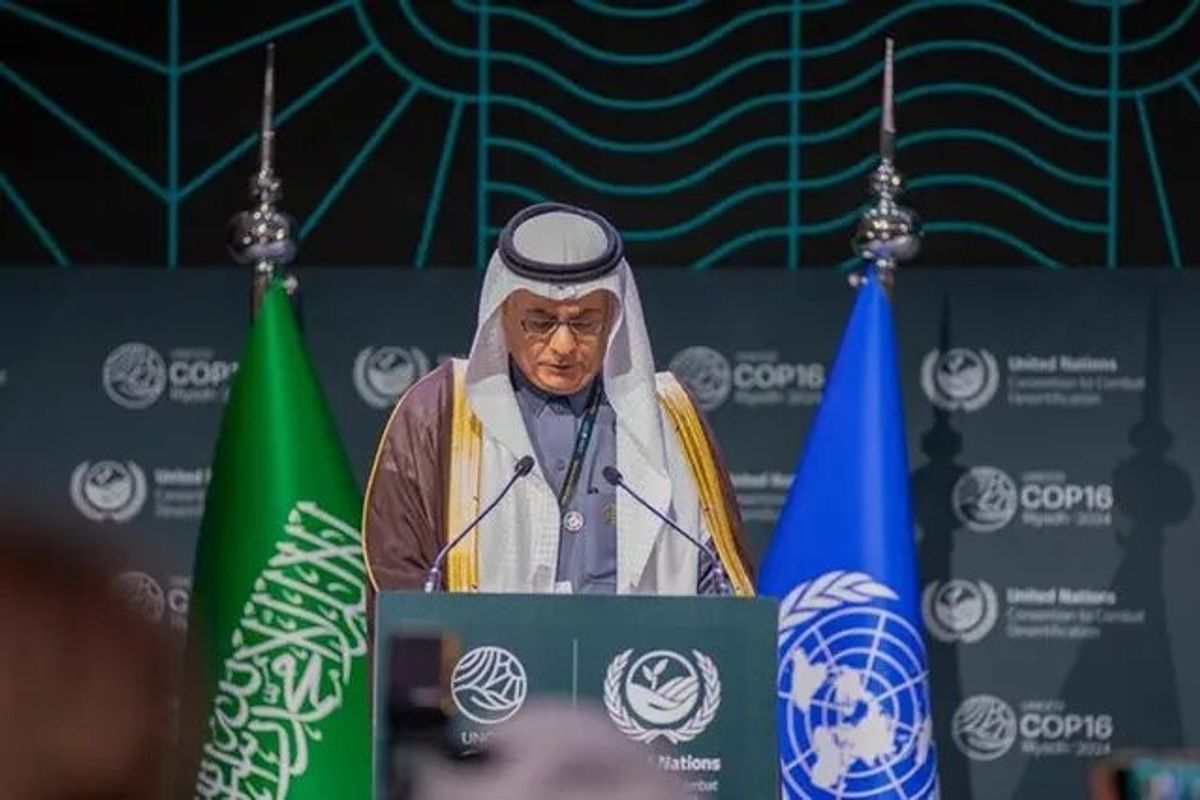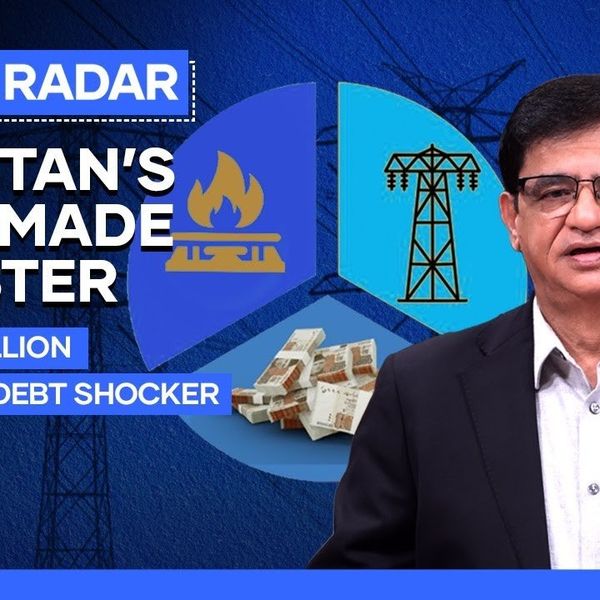UN talks in Saudi Arabia fail to deliver binding drought agreement
African nations pushed for a binding drought protocol, but developed countries resisted at COP16 in Riyadh
AFP
News Agency Partner
AFP is a renowned international news agency, delivering comprehensive and reliable reporting on global events, trends, and issues.

Saudi Arabia launches groundbreaking Drought Resilience Initiative at UNCCD COP16 to accelerate global action.
UNCCD COP16
he Saudi-hosted UN climate talks on drought concluded Saturday without a binding agreement, as negotiators failed to bridge the divide between developed and developing nations over how to address one of the world's most pressing environmental crises.
The 12-day meeting of the United Nations Convention to Combat Desertification (UNCCD), known as COP16, was extended by a day in hopes of reaching a breakthrough. However, UNCCD Executive Secretary Ibrahim Thiaw acknowledged early Saturday that more time was needed to determine "the best way forward."
An unofficial decision released online stated that discussions on drought would continue at COP17 in Mongolia in 2026, with countries pledging to build on the progress made in Riyadh.
divided over binding protocols
Delegates from African nations had advocated for a binding protocol on drought preparedness and response, which they argued would hold governments accountable for addressing the growing crisis.
"It's the first time I've seen Africa so united, with a strong united front, with respect to the drought protocol," an African delegate told AFP, speaking on condition of anonymity.
However, developed nations resisted calls for a binding protocol, pushing instead for a "framework" that African representatives and other developing countries deemed insufficient.
drought’s global toll
A UN report released during the conference underscored the urgency of the talks. It highlighted the staggering cost of droughts—more than $300 billion annually—and projected that 75% of the global population could be affected by 2050.
"Drought is the most pervasive and the most disruptive environmental disaster," Thiaw said ahead of the conference, urging negotiators to take bold action.
hopes pinned on future action
Despite the lack of a concrete agreement, a press release from the UNCCD praised the "significant progress" made at COP16 and emphasized the importance of finalizing a global drought regime in 2026.
Observers, however, expressed frustration at the delay. "We can't afford to wait another two years while droughts devastate lives and economies," said Julie Landry, a climate policy expert monitoring the talks.
As the world looks ahead to COP17 in Mongolia, the challenge remains in reconciling divergent views on how best to tackle an issue affecting billions across the globe.










Comments
See what people are discussing